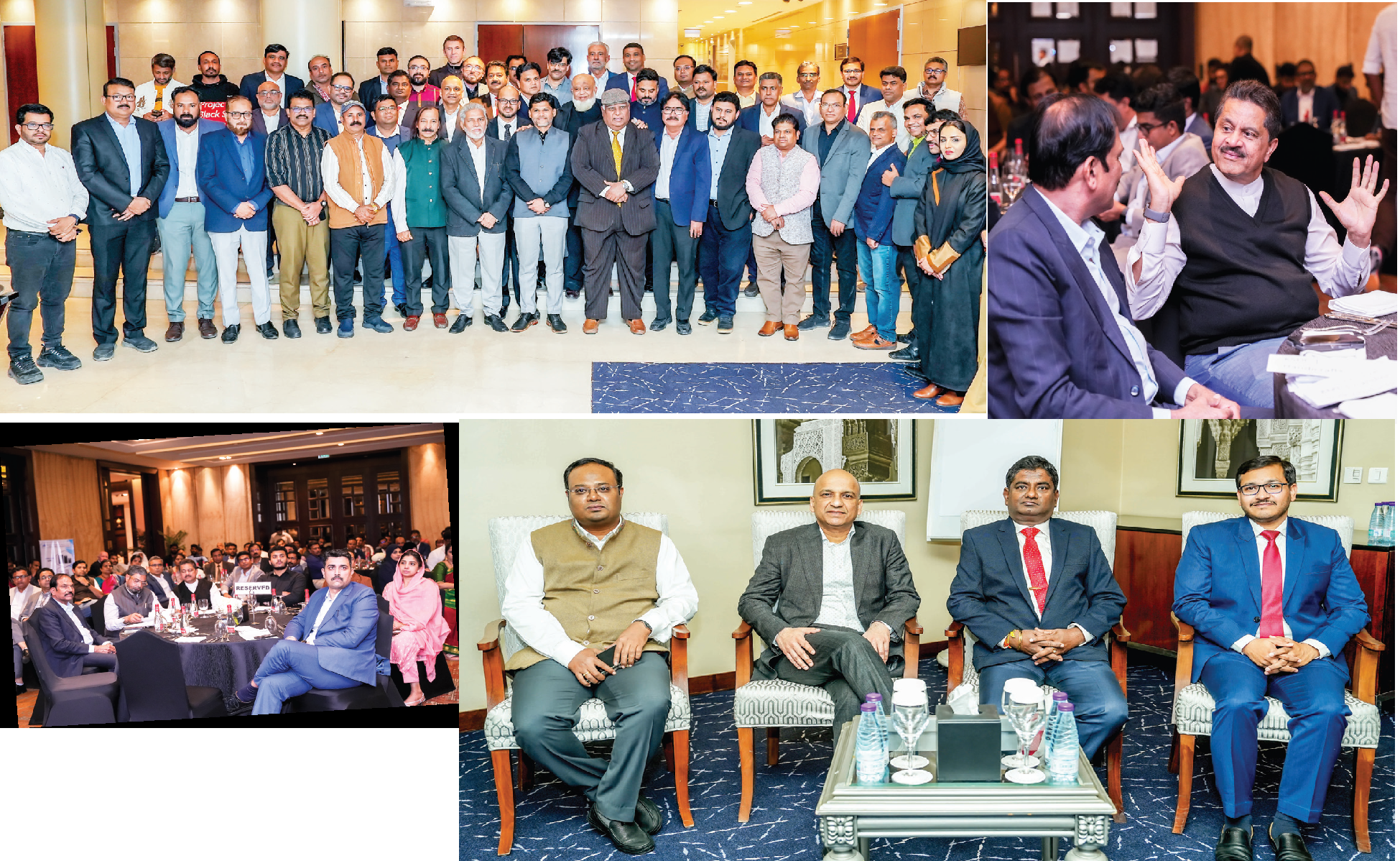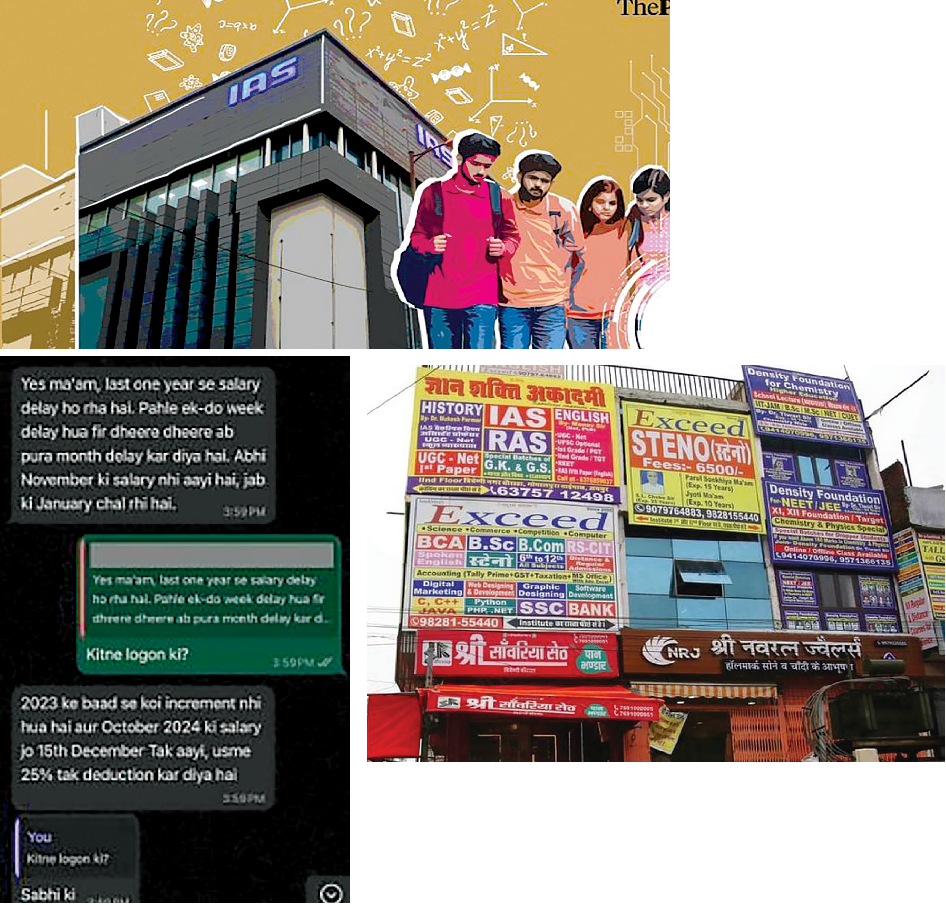
Writing outside the frame
The Asia Pacific Writers and Translators festival concludes with discussions on what’s taboo for writers and a closing speech by International Booker winner Geetanjali Shree
Falah Faisal
Bengaluru: Day 3 of The Asia Paci f ic Literar y Festival began simultaneously at the various venues at 10 am on November 30. The Cube kicked off the day with a panel on ‘Writing, Translating and Publishing’ with Neeta Gupta, Divya Joshi, Tanvi Srivastava, and hosted by Sanchit Toor, while the panel’s ‘Handmade Toys:
The Power of the Short Story’ was held at The Pulpit with Helen Burns, Neville Sarony, Philip McLaren, Shubhrangshu Roy and hosted by Melissa Robertson, along with ‘Siren Songs: History, Heritage and Myth’ at The Room, with Linh Dinh, Saeed Ibrahim, Anna Solding, Jose Varghese, and hosted by Tim Tomlinson.
At The Grove, there was a session on the Creative Showcase ‘Poetry India’ with Menka Shivdasani, Dipika Mukherjee, Aftab Yusuf Shaikh, Anand Thakore and Divya Joshi, along with Host Vinita Agrawal. This was followed by the Book Launch of ‘Writing Around the World’ with Inder jeet Mani, Meher Pestonji and Saeed Ibrahim.
One of the most interesting sessions was ‘What’s Taboo for You – Courage in Writing and Publishing’. The panellists were Tim Tom linson, Linh Dinh, Malachi Edwin Vethamani and Sara F Costa and it was hosted by Joe Milan Jr. Booker Prize awardee Dr Geetanjali Shree gave the closing address ‘Tomb of Sand’, at The Plateau at 3 pm.
She spoke about her process as a writer, how she works with translators and the importance of literature in our lives. “When I started working on the book, I didn’t have a plan or formula, and didn’t know I would write about partition. It grew organically from the story I was writing. I was not writing to prove a point but to follow ordinary life because in India the mundane is often linked to an epic,” she said about her book.
When asked how she felt about the imposition of Hindi by the Centre as a Hindi writer, she said she is completely against it. “You can never force a language down people's throats. You only do a disservice to the language by forcing it, because love for a language comes naturally,” she said, adding that pluralism was not safe in India and there is a drive towards uniformity and “mono-lingualism”.
Post the closing address, Danish Sait regaled the audience at The Plateau followed by Agam that brought an end to a very successful and wellreceived edition of the APWT22, which was cocurated by Alliance Literary Festival.
Executive director of Asia Pacific Writers and Translators, Sally Breen said, “What the Asia Pacific shares is a geographical connection and when we started APWT authors from the region weren’t as visible as they are now. Britain and America dominated the scene but that is changing now. The APWT is usually an intimate and very small event but the turnout has exceeded our expectations.”
 English daily published in Bengaluru & Doha
English daily published in Bengaluru & Doha






